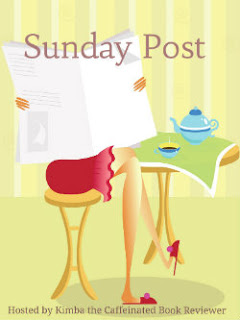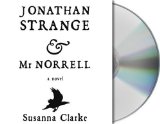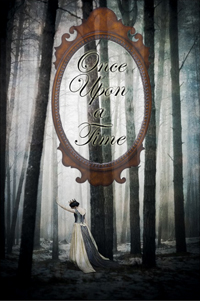 Am I weird for not liking summer? I like the time off. I just don’t like the heat, and the types of activities you do in summer are not my favorites. I like the beach okay, but only for about an hour or two. Then I want to go home. I don’t like traveling much, especially not when it’s hot. And I loathe hot weather. I will never forget what a rude awakening humidity can be when I moved to St. Louis the summer before I started high school. I had grown up in Colorado, so I had never felt anything like it. It was terrible. How did people live? Ugh. It was an oppressive, aggressive humidity. I haven’t lived anywhere else that felt quite that awful, but Georgia was pretty darned close. So many days in the 90’s and even over 100 degrees. I couldn’t stand it. Give me a winter with ten feet of snow over a hot summer. We are having a hot day today, and I’m just being whiny. My favorite season is fall, and in my opinion, the temperatures are just about perfect in the fall.
Am I weird for not liking summer? I like the time off. I just don’t like the heat, and the types of activities you do in summer are not my favorites. I like the beach okay, but only for about an hour or two. Then I want to go home. I don’t like traveling much, especially not when it’s hot. And I loathe hot weather. I will never forget what a rude awakening humidity can be when I moved to St. Louis the summer before I started high school. I had grown up in Colorado, so I had never felt anything like it. It was terrible. How did people live? Ugh. It was an oppressive, aggressive humidity. I haven’t lived anywhere else that felt quite that awful, but Georgia was pretty darned close. So many days in the 90’s and even over 100 degrees. I couldn’t stand it. Give me a winter with ten feet of snow over a hot summer. We are having a hot day today, and I’m just being whiny. My favorite season is fall, and in my opinion, the temperatures are just about perfect in the fall.
I finally did go ahead and just stop reading I Always Loved You by Robin Oliveira. I posted it on PaperBackSwap, and it was claimed right away. It’s in the mail now. So that’s done. I really wanted to like that book. Just couldn’t get into it. I did two reviews this week: March: Book Two and Go Set a Watchman. It would seem I liked that second book a lot more than everyone else, which makes me wonder if there is something wrong with me. Truthfully, though, I rate books highly if I can’t put them down and read them fast. That says something to me about how good I think they are. If I am doing anything I can not to read a book, including setting it aside in favor of other books, then I know I’m not liking it. If I am doing anything I can to read the book and rarely setting it down, then I am loving it. So I guess I’m not very distinguished. I can live with that. I’ve been called worse. One thing I truly loathe is a book snob.
I added a few books to my wishlist/TBR list:
I found out about The Gates of Evangeline through Shelf Awareness and Henry Hikes to Fitchburg through Brain Pickings, which also convinced me maybe to read Walking. I have to admit, while I had checked in on Brain Pickings occasionally, I have really started reading it the last week or so, and I am in love with that blog. The Haven Kimmel memoirs I added because I read most of the chapter “Brother” from the second book, and I really loved it as a piece of creative nonfiction. I am thinking there might be good writing models for my students in these two books.
Speaking of Fitchburg, I will be heading up there in a few hours. My AP Literature training course takes place up there this coming week. Unlike Thoreau, I will not be walking there. I am not sure what kind of reading I’ll do because I imagine I’ll have homework and that I’ll need to do some reading for the course. I will be glad to get it over with. I do love PD. I really do. But this summer has been a lot for me. I am going to be a lot smarter next summer and do maybe one thing instead. I know once I get started tomorrow, I will enjoy it. I have heard only good things about AP training.
Before I go, is anyone else watching Jonathan Strange & Mr. Norrell on BBC America? I am so LOVING that show! I listened to the audio book some time back, and I was excited when I heard they were making a miniseries, and I just think the casting is perfect. It’s like what might happen if Jane Austen met Harry Potter. It’s sort of making me want to re-read the book, and read it this time instead of listen. That is a little crazy given the length and the number of footnotes.
The Sunday Post is a weekly meme hosted by Caffeinated Book Reviewer. It’s a chance to share news, recap the past week on your blog, and showcase books and things we have received. See rules here: Sunday Post Meme.










